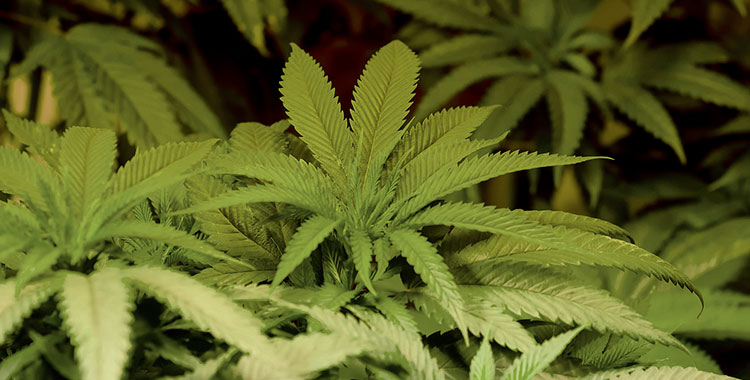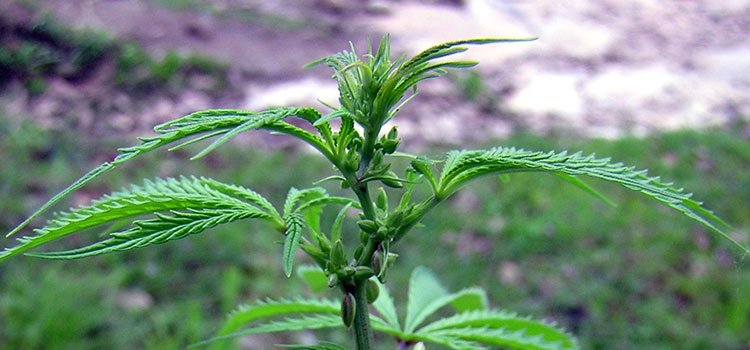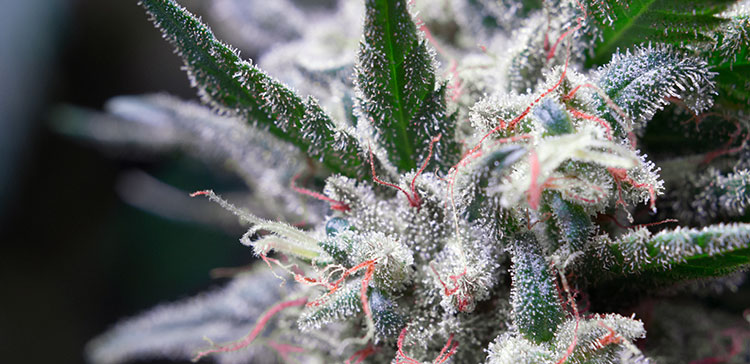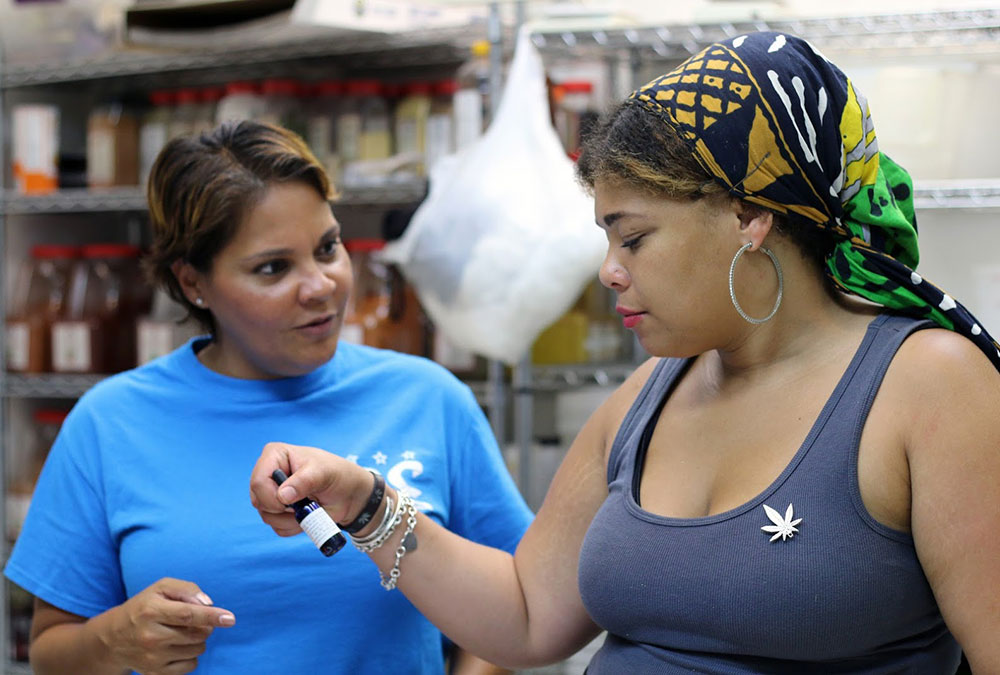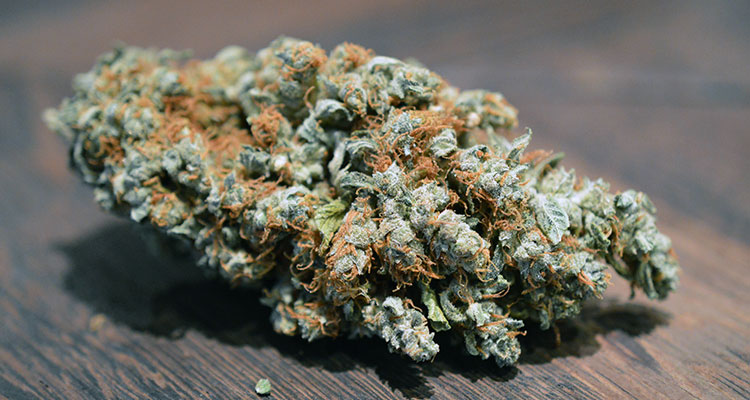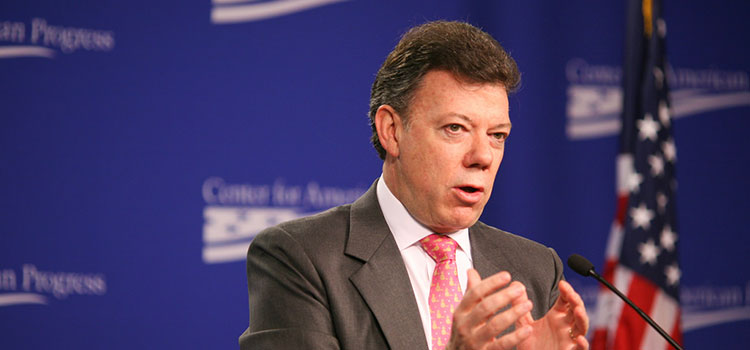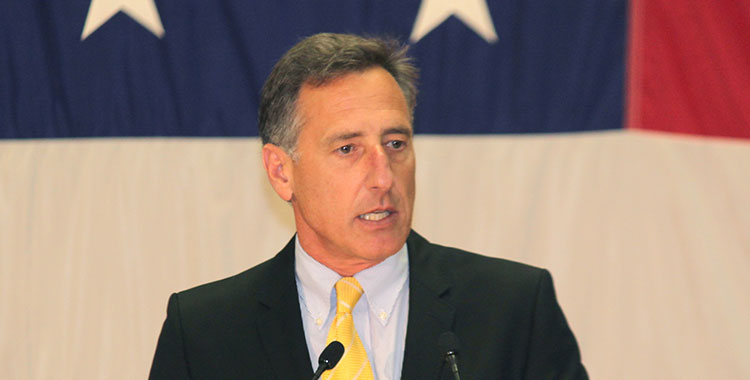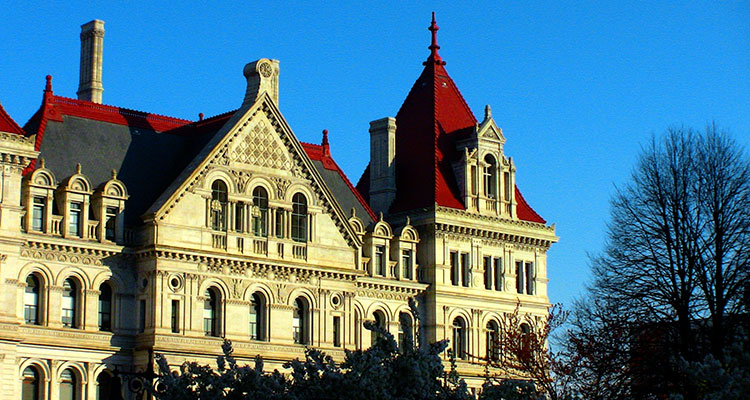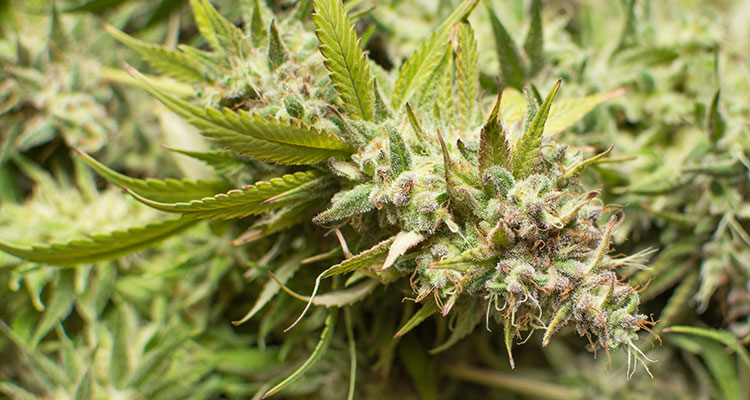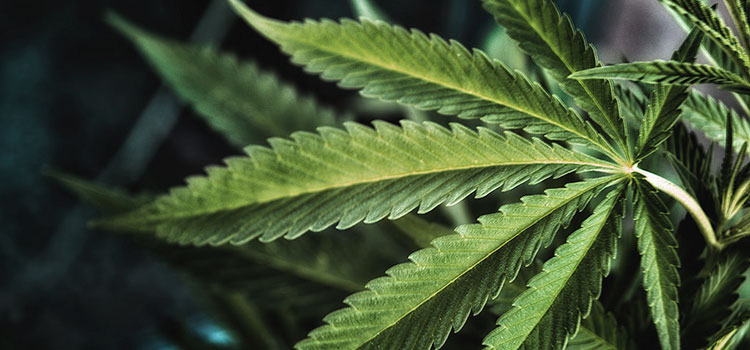Canada’s Task Force on Cannabis Legalization and Regulation, appointed by the federal government to research legalization, has issued their report, which recommends 18 and older as the legal age to buy cannabis and a personal possession limit of 30 grams, the CBC reports. According to the Global News, most publicly traded cannabis companies’ stocks closed with gains on the heels of the task force’s report.
The legal age conflicts with a recommendation from the Canadian Medical Association and Ottawa’s Board of Health that would have 21 be the legal age to buy cannabis. The task force report said that setting an age higher than a drinking age would force younger consumers to purchase cannabis in the informal market — which the government is looking to curtail with legalization.
Anne McLellan, chair of the task force and former Liberal cabinet minister, said that the illicit market is responsible for the “societal problems” of the existing market.
“Now is the time to move away from a system that has, for decades, been focused on the prohibition of cannabis into a regulated legal market,” she said in the report.
The task force recommended that cannabis sales be banned in places that also sell tobacco and alcohol products, and limiting the concentration of retail locations in order to keep them from public parks, schools, and community centers. Their recommendation would subject products with high THC levels to higher taxes in an effort to discourage their use. Tax revenues would be used for research on potential health risks and public education campaigns. Personal cultivation for medical purposes would be permitted.
Bruce Linton, chairman of Canopy Growth Corporation, whose stock closed 8 percent higher yesterday, praised the report as a “strong policy framework for the government to consider” but expressed concerns that the task force is not recommending different tax schemes for the medical and adult-use markets which could “unduly burden” patients.
“Most importantly, we think it confirms that the current medical system for production is working and should form the backbone of ongoing production into the future. It recognizes the value of limited grow-at-home and diversity of producers and access methods, all things we support as a company,” he said in a press release. “It also recognizes that the existing mail order system has merit as an ongoing complementary distribution system reaching all Canadians conveniently and securely.”
Legislation to legalize cannabis use in Canada is expected to be introduced this spring.
End
